essential tips for securing your crypto NFTs from cyber theft.
Blur: NFT | Blur: NFT login | Blur: NFT connect | WalletConnect | Traders | What Is Blur Crypto
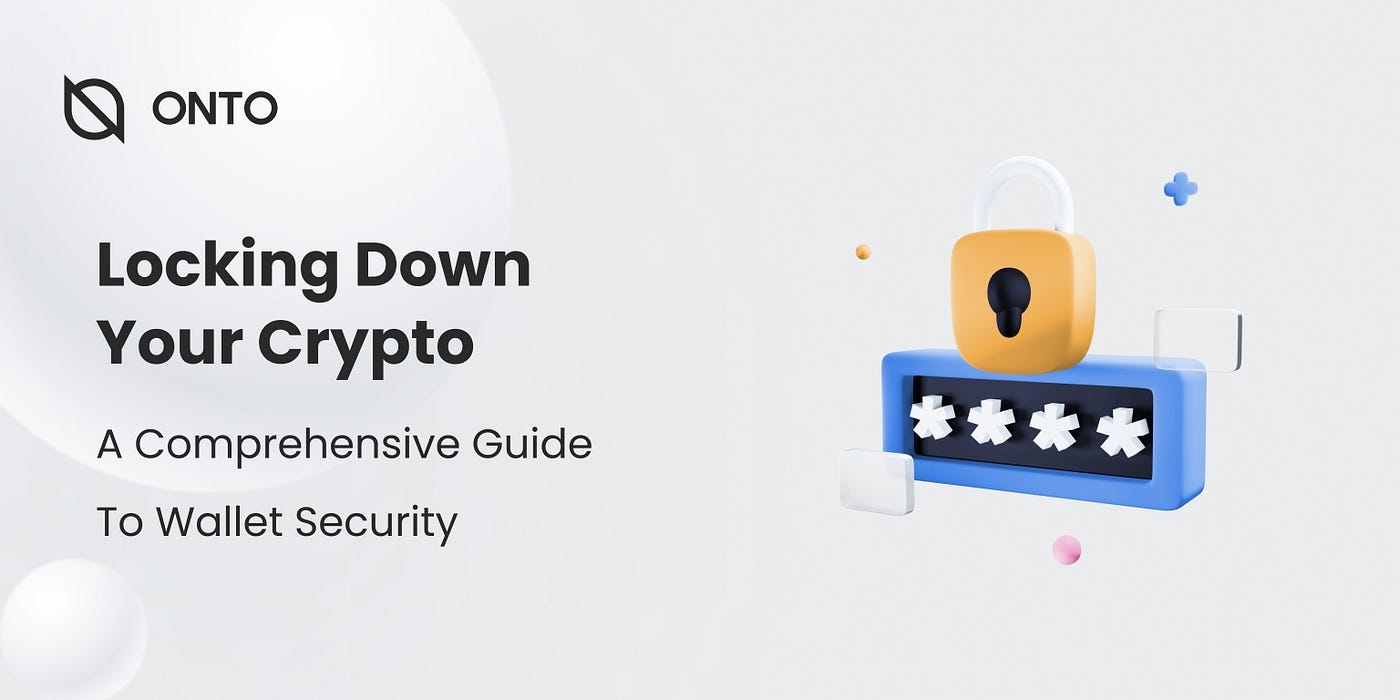
Blur: NFT | Blur: NFT login | Blur: NFT connect | WalletConnect | Traders | What Is Blur Crypto
In the world of digital assets, cryptocurrencies and non-fungible tokens (NFTs) have gained significant popularity. However, with the rise in their value and demand, cyber theft has also become a growing concern. It is crucial to take necessary measures to protect your crypto NFTs and ensure the safety of your digital assets.
1. Choose a Reliable Wallet: The first step towards safeguarding your crypto NFTs is to select a secure wallet. Look for wallets that offer advanced security features, such as two-factor authentication and encryption. Opt for hardware wallets that store your private keys offline, reducing the risk of online attacks.
2. Keep Your Software Updated: Regularly updating your software is vital for maintaining the security of your crypto NFTs. Developers often release patches and updates to fix any security vulnerabilities. By keeping your software up to date, you can benefit from the latest security enhancements and protect your digital assets from potential threats.
3. Enable Multi-Factor Authentication: Adding an extra layer of security to your crypto NFTs is crucial. Enable multi-factor authentication (MFA) for your wallet and exchange accounts. MFA requires you to verify your identity through multiple authentication factors, such as a password and a unique code sent to your registered email or mobile device. This ensures that even if your password is compromised, unauthorized access can be prevented.
4. Stay Vigilant Against Phishing Attempts: Cybercriminals often use phishing techniques to trick users into revealing their login credentials. Be cautious while clicking on unknown links or providing sensitive information. Always double-check the website URL and make sure it uses a secure connection (HTTPS) before entering any personal details. Avoid sharing your wallet's private keys or recovery phrases with anyone.
5. Diversify Your Storage Solutions: Consider using a combination of storage solutions to mitigate the risk of losing your crypto NFTs. Distributing your digital assets across different wallets, exchanges, and offline storage options can help minimize potential losses in case of a security breach. Make sure to securely store backup copies of your private keys or recovery phrases in offline and encrypted formats.
6. Educate Yourself: Stay updated with the latest security practices and trends in the crypto world. Educate yourself about different types of attacks, such as social engineering, malware, and ransomware. By staying informed, you can identify potential threats and take necessary precautions to safeguard your crypto NFTs.
Safeguarding your crypto NFTs requires proactive measures and a constant focus on security. By following these tips, you can enhance the protection of your digital assets and ensure a safe and secure crypto journey.
Tips for safeguarding your crypto NFTs
Investing in crypto NFTs can be an exciting and potentially lucrative endeavor. However, it's important to take the necessary measures to protect your digital assets from cyber theft. Here are some tips to help you safeguard your crypto NFTs:
1. Use a secure wallet
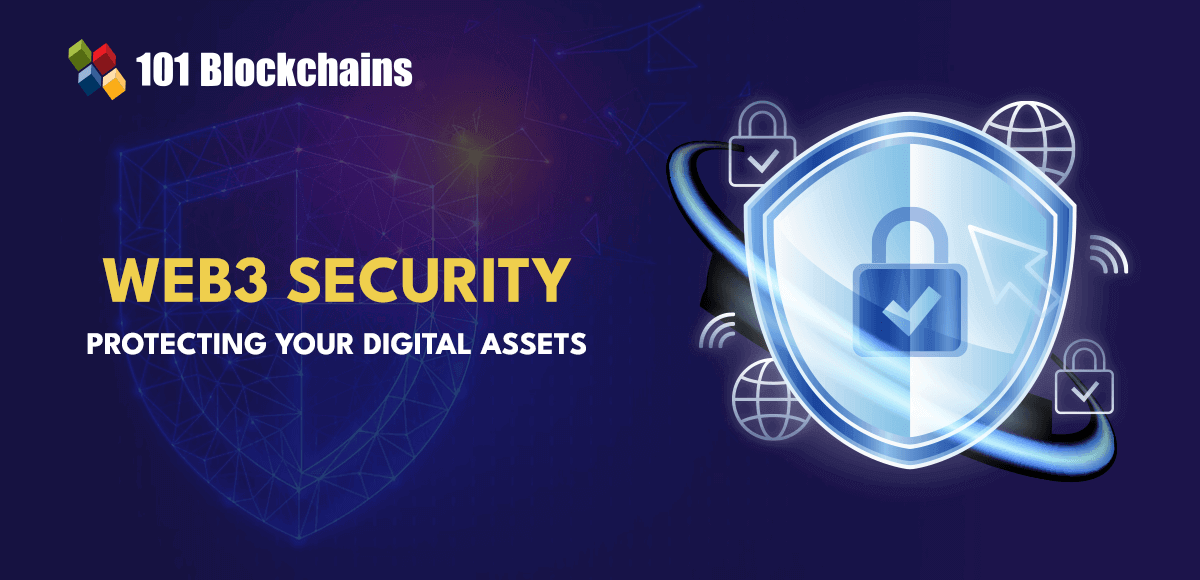
One of the first steps to safeguarding your crypto NFTs is to use a secure wallet. Choose a wallet that has a strong reputation for security and offers features like multi-factor authentication and encryption. Consider using Wallet Connect, a reputable wallet provider that offers enhanced security measures.
2. Enable two-factor authentication (2FA)
Enable two-factor authentication on your wallet and any platforms or exchanges you use to manage your crypto NFTs. 2FA adds an extra layer of security by requiring a second form of verification, such as a unique code sent to your mobile device, in addition to your password.
3. Be cautious with public Wi-Fi
Avoid accessing your wallet or making transactions involving your crypto NFTs while connected to public Wi-Fi. Public networks can be vulnerable to hackers who may attempt to intercept your data. Use a secure and private internet connection, such as a personal mobile hotspot or a trusted home network.
4. Keep software and devices updated
Regularly update the software and operating systems on your devices to ensure you have the latest security patches and improvements. Outdated software can have vulnerabilities that hackers can exploit to gain access to your crypto NFTs. Enable automatic updates whenever possible.
5. Use unique and strong passwords
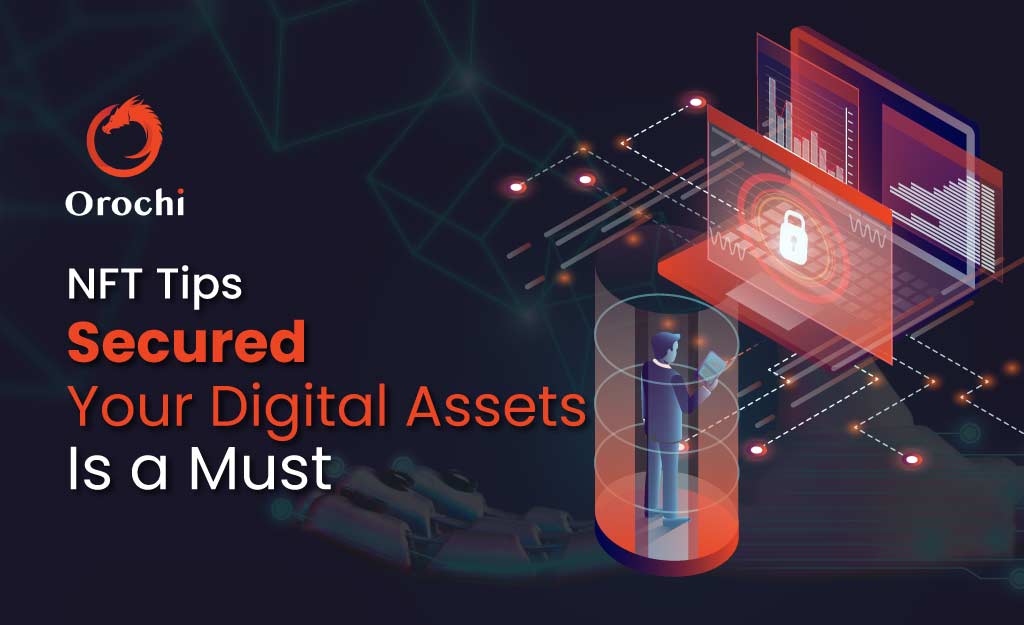
Create strong and unique passwords for your wallet, platforms, and any accounts associated with your crypto NFTs. Avoid reusing passwords and consider using a password manager to securely store your passwords. Avoid using easily guessable information like birthdays or names.
6. Be cautious of phishing attempts
Be vigilant of phishing attempts, where attackers try to trick you into revealing your login credentials or other sensitive information. Avoid clicking on suspicious links sent via email or social media. Always double-check the URL of websites, especially when entering sensitive information.
7. Back up your wallet
Regularly back up your wallet to ensure that you can recover your crypto NFTs in case of loss or theft. Keep the backup in a safe and secure location, such as an encrypted USB drive or a hardware wallet. Consider utilizing multiple forms of backup to maximize security.
By following these tips, you can significantly enhance the security of your crypto NFTs and protect them from potential cyber theft. Remember to always stay informed about the latest security practices and remain cautious when dealing with your digital assets.
Measures to protect your digital assets

When it comes to safeguarding your digital assets, there are several key measures you can take to protect yourself from cyber theft. By implementing the following strategies, you can greatly reduce the risk of your crypto NFTs falling into the wrong hands:
Use a hardware wallet: Storing your crypto NFTs in a hardware wallet is one of the most secure ways to protect your digital assets. These wallets are designed to keep your private keys offline, minimizing the risk of them being accessed by hackers.
Enable two-factor authentication (2FA): By enabling 2FA on your cryptocurrency exchange accounts and digital wallets, you add an extra layer of security. This typically involves entering a one-time code sent to your phone or email, which helps verify your identity when logging in.
Regularly update your software: Keeping your software up to date is essential for protecting your digital assets. Software updates often include security patches that address vulnerabilities that could be exploited by hackers.
Be cautious of phishing attempts: Phishing is a common method used by cybercriminals to steal digital assets. Be wary of suspicious emails, messages, or websites that ask for your private keys or personal information. Always double-check the authenticity of any communication before sharing sensitive data.
Use strong, unique passwords: A strong and unique password is crucial for protecting your digital assets. Avoid using common or easily guessable passwords. Instead, create complex passwords that include a combination of letters, numbers, and symbols.
Backup your private keys: In case of hardware wallet loss or damage, it's important to have a backup of your private keys. Store these backups in a secure offline location, such as a safe or safety deposit box.
By following these measures, you can significantly enhance the security of your crypto NFTs and protect your valuable digital assets from cyber theft.
Essential cybersecurity practices
When it comes to safeguarding your crypto NFTs and protecting your digital assets from cyber theft, implementing essential cybersecurity practices is crucial. By following these measures, you can significantly minimize the risk of unauthorized access and potential loss of your valuable assets.
1. Use Strong and Unique Passwords
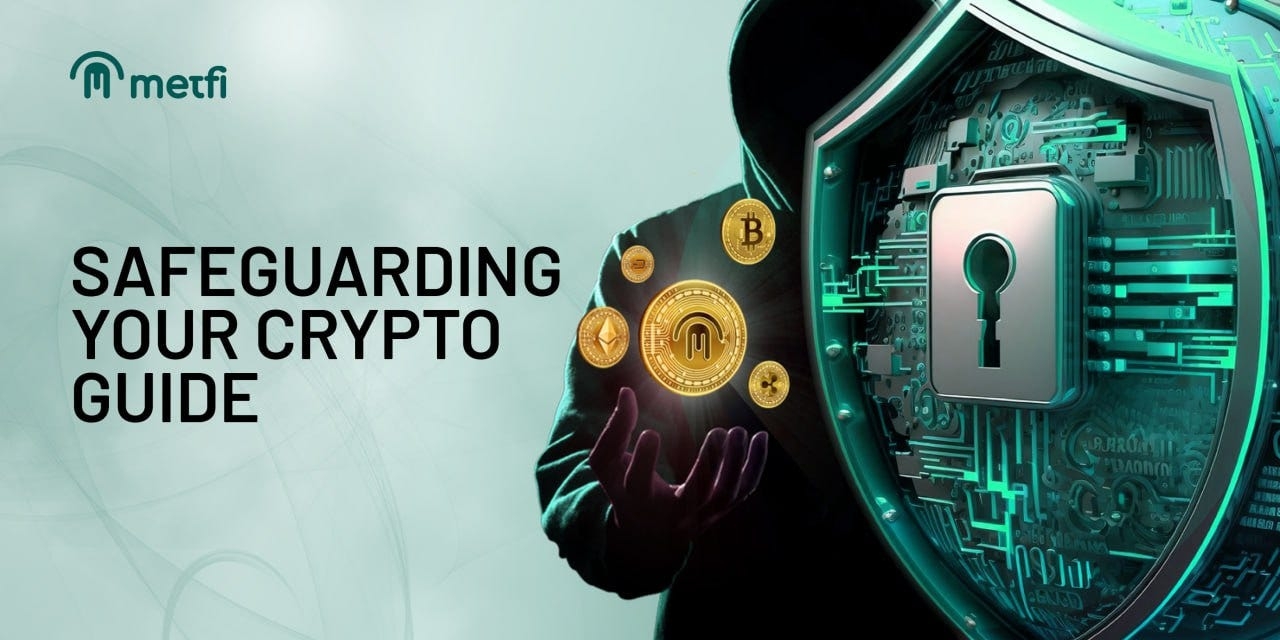
Creating strong and unique passwords for your cryptocurrency wallets and NFT platforms is the first line of defense against cyber threats. Avoid using easily guessable passwords or reusing passwords from other accounts. Use a combination of upper and lowercase letters, numbers, and special characters to make your passwords more secure.
2. Enable Two-Factor Authentication (2FA)
Two-factor authentication adds an extra layer of security to your accounts by requiring an additional verification step, usually involving a code sent to your mobile device or email. Enable 2FA on all your crypto NFT platforms and wallets to ensure that only authorized individuals can access your digital assets.
3. Keep Software and Firmware Up-to-Date
Regularly updating software and firmware is essential to protect against known vulnerabilities and security weaknesses. Keep your operating system, cryptocurrency wallets, and NFT platforms up-to-date to benefit from the latest security patches and upgrades.
4. Be Cautious of Phishing Attempts
Phishing attacks are common in the crypto space, where cybercriminals try to trick users into revealing their login credentials or other sensitive information. Be cautious of suspicious emails, links, and messages asking for your personal information or encouraging you to click on unknown links. Always verify the authenticity of the source before providing any confidential details.
5. Store Your Crypto NFTs Securely
Choose a secure digital wallet for storing your crypto NFTs and ensure it has proper encryption and backup functionalities. Consider opting for a hardware wallet or cold storage solution that keeps your assets offline, reducing the risk of online hacks or breaches.
6. Regularly Monitor Your Accounts
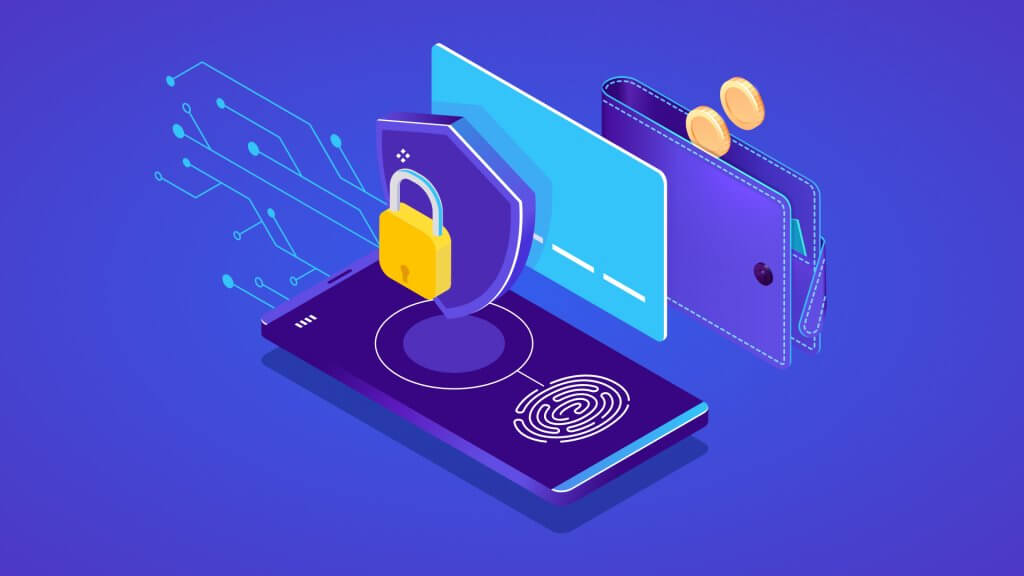
Stay vigilant and regularly monitor your crypto NFT accounts for any suspicious activities or unauthorized access. Review your transaction history, login records, and account settings to identify any anomalies that could indicate potential security breaches.
7. Educate Yourself about Potential Risks
Stay informed about the latest cybersecurity risks and keep abreast of new security practices in the crypto space. Educate yourself about common scams, malware, and phishing techniques to better protect your digital assets. Utilize reputable sources for up-to-date information and consider joining online communities or forums dedicated to discussing cybersecurity in the crypto world.
Remember, implementing these essential cybersecurity practices and staying proactive in protecting your digital assets is crucial for maintaining the security and integrity of your crypto NFTs.
Understanding the risks of cyber theft
Cryptocurrency and non-fungible tokens (NFTs) have gained tremendous popularity in recent years, attracting not only investors but also cybercriminals seeking to exploit vulnerabilities in digital asset security. It is essential to be aware of the risks associated with cyber theft and take necessary precautions to protect your crypto NFTs.
1. Phishing attacks
Phishing attacks are one of the common methods used by cybercriminals to steal sensitive information and gain unauthorized access to your crypto NFTs. These attacks often come in the form of fake emails or websites that mimic legitimate platforms, tricking users into revealing their login credentials or private keys. To mitigate this risk, you should always verify the authenticity of any communication or website before providing any personal information.
2. Malware and ransomware
Malware and ransomware are malicious software programs that can infiltrate your devices and compromise the security of your crypto NFTs. They can be spread through infected links, attachments, or even compromised websites. To protect yourself, it's crucial to keep your devices and software up to date, use reputable antivirus programs, and avoid opening suspicious emails or downloading files from unknown sources.
3. Weak passwords
Using weak or easily guessable passwords is a significant security risk for your crypto NFTs. Cybercriminals often exploit weak passwords to gain unauthorized access to digital wallets or NFT marketplaces. To enhance security, ensure that you use strong, unique passwords for each platform or account. Consider using a password manager to generate and store complex passwords securely.
4. Insecure wallets and exchanges
Choosing the right crypto wallet and exchange is vital for the security of your digital assets. It's essential to opt for reputable platforms that offer robust security measures such as two-factor authentication and hardware wallet integration. Additionally, regularly update your wallet software and avoid sharing sensitive information or private keys with anyone.
5. Social engineering
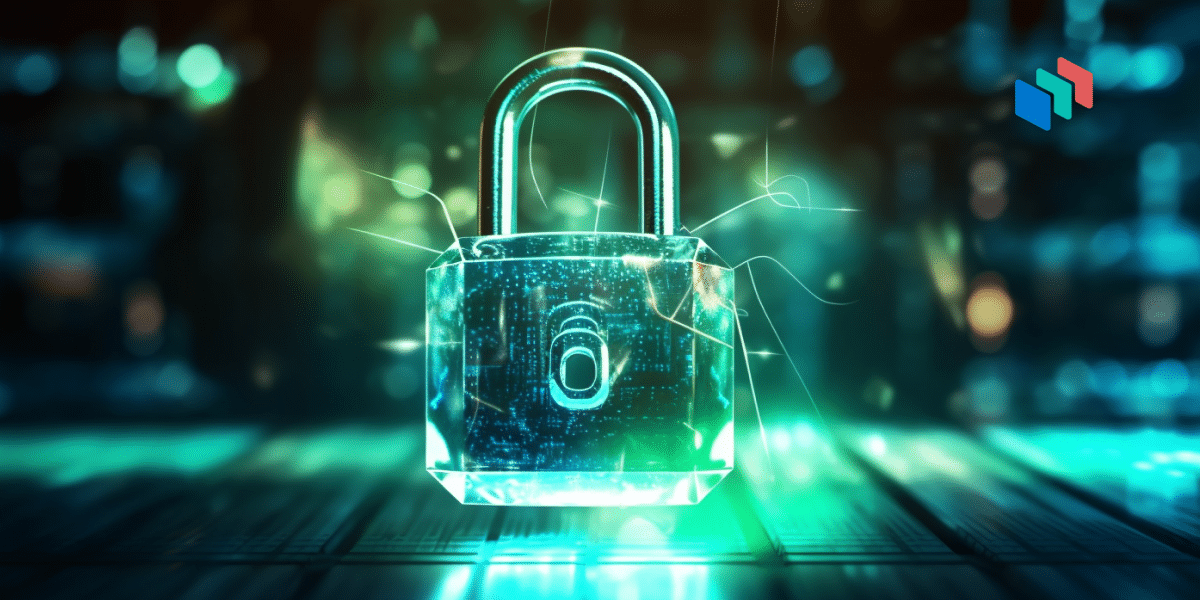
Social engineering tactics involve manipulating individuals through psychological manipulation to gain access to their crypto NFTs. This can include pretending to be a trusted individual or using emotional appeals to trick users into revealing sensitive information. To protect yourself from social engineering attacks, be cautious of unsolicited requests or offers and never share your private keys or sensitive information with anyone.
By understanding the risks of cyber theft and implementing appropriate security measures, you can safeguard your crypto NFTs from potential threats.
Importance of strong passwords
Creating a strong password is crucial when it comes to protecting your crypto NFTs and other digital assets from cyber theft. Your password acts as the first line of defense against unauthorized access to your accounts and funds. Here are some reasons why having a strong password is important:
1. Prevents brute force attacks
A strong password makes it significantly more challenging for hackers to guess or crack it through brute force attacks. Brute force attacks involve systematically attempting various combinations of characters until the correct password is found. By using a combination of uppercase and lowercase letters, numbers, and special characters, you can greatly enhance the security of your password.
2. Protects against dictionary attacks
Avoid using common words or easily guessable phrases as your password, as hackers often use precompiled lists of commonly used passwords in what are known as dictionary attacks. Instead, opt for a unique and complex combination of characters that is harder for hackers to guess.
3. Safeguards against credential stuffing
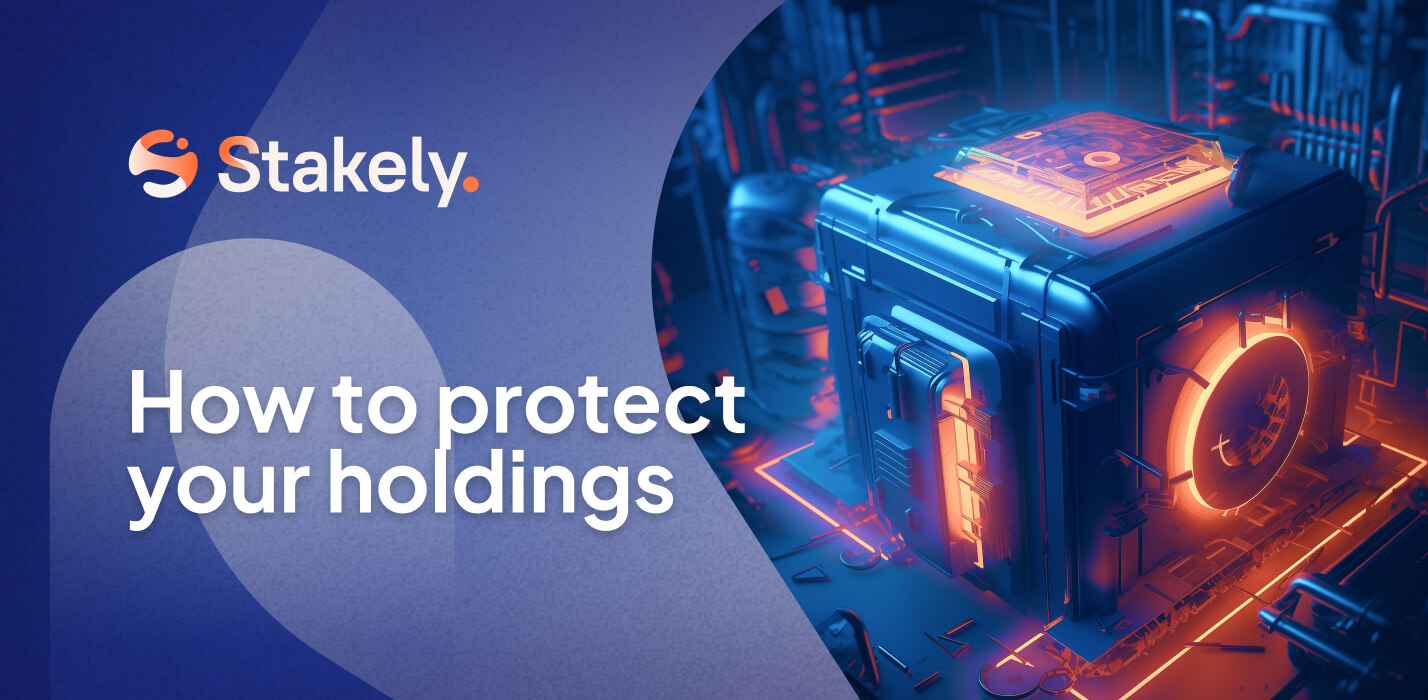
Using the same password across multiple platforms or services puts your digital assets at risk. If one of your accounts is compromised, cybercriminals can use automated scripts to try the same username/email and password combination on other websites. By using unique passwords for each platform or service, you limit the potential damage caused by credential stuffing attacks.
4. Reduces the risk of social engineering
Strong passwords are less susceptible to social engineering attacks, where hackers attempt to manipulate individuals into revealing their passwords or other sensitive information. By using complex passwords that are not easily associated with your personal information, you make it harder for hackers to successfully execute social engineering tactics.
Remember, it is also essential to regularly update your passwords and enable two-factor authentication (2FA) whenever possible. By adding an additional layer of security, 2FA helps prevent unauthorized access even if your password is compromised.
For additional security measures and protection of your crypto NFTs, consider using a trusted platform like Wallet Connect. They provide secure wallets and advanced encryption protocols to ensure the safety of your digital assets.
Two-factor authentication
Two-factor authentication (2FA) is an important security measure that adds an extra layer of protection to your crypto NFTs and digital assets. It adds an additional step to the login process, requiring users to provide two pieces of identification.
The first factor is typically something the user knows, such as a password or PIN. The second factor is something the user has, which can be a physical device like a smartphone or a security token.
When enabling 2FA, you typically need to download an authentication app on your smartphone, such as Google Authenticator or Authy. This app generates a unique code that you need to enter along with your password when logging in to your wallet or exchange account.
Using 2FA significantly reduces the risk of unauthorized access to your crypto NFTs. Even if someone manages to obtain your password, they would still need your smartphone or security token to successfully log in.
Benefits of two-factor authentication
1. Enhanced security: By requiring two factors of identification, 2FA provides an additional layer of security, making it harder for hackers to gain unauthorized access to your digital assets.
2. Protection against password leaks: In case your password gets leaked or compromised through a data breach, 2FA ensures that your account remains secure as the hacker would still need the second factor to access your account.
3. Peace of mind: Knowing that your crypto NFTs are protected by 2FA adds a sense of peace of mind, knowing that you have taken an extra step to secure your digital assets.
Tips for using two-factor authentication
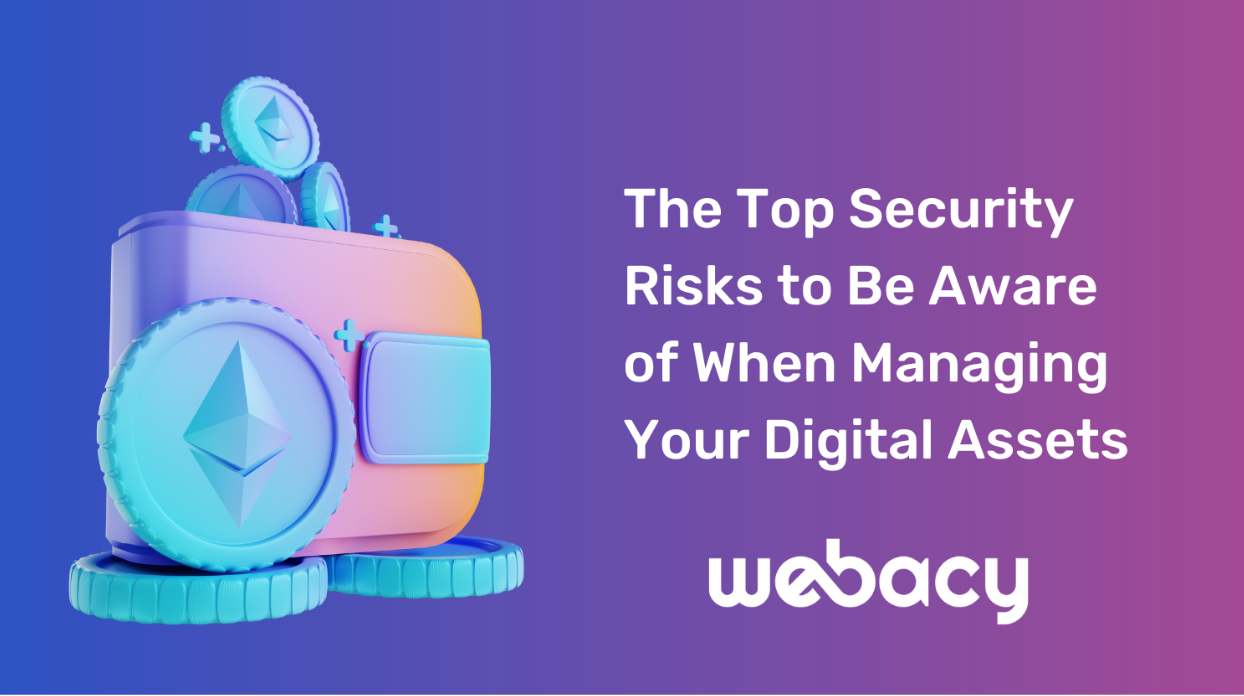
1. Enable 2FA on all your crypto wallet and exchange accounts: Make sure to enable 2FA on all the platforms you use to store and trade your crypto NFTs.
2. Use a strong password: Your first factor of identification is crucial when it comes to 2FA. Make sure to use a strong and unique password for your accounts to enhance security.
3. Keep your authentication app up to date: Make sure to keep the authentication app on your smartphone up to date to ensure optimal security.
4. Backup your secret key: When setting up 2FA, you will receive a secret key or backup code. Make sure to securely store this information in case you lose your phone or need to set up 2FA on a new device.
By implementing two-factor authentication, you can significantly enhance the security of your crypto NFTs and protect your digital assets from cyber theft.
Keeping your software and devices up to date
Keeping your software and devices up to date is essential for safeguarding your crypto NFTs and protecting your digital assets from cyber theft. Outdated software and devices may contain vulnerabilities that hackers can exploit to gain unauthorized access to your sensitive information.
Here are some tips to help you keep your software and devices up to date:
Enable automatic updates: Make sure to enable automatic updates for your operating system, web browsers, and applications. This will ensure that you receive the latest security patches and bug fixes.
Regularly check for updates: In addition to automatic updates, it's a good practice to regularly check for updates manually. Check for updates for your software, apps, and firmware to stay ahead of any potential security vulnerabilities.
Use reputable sources for downloads: When downloading software or applications, make sure to use reputable sources such as official websites or trusted app stores. This reduces the risk of downloading malware-infected files.
Be cautious with software downloads: Be cautious when downloading software from unknown sources or through email attachments. Always verify the source and scan the downloaded files for malware before installation.
Install antivirus software: Utilize a reliable antivirus software that can help detect and protect against malware and other cyber threats. Regularly update the antivirus software and perform scans to identify and remove any potential threats.
Keep your devices protected: Ensure that your devices are protected with strong passwords or biometric authentication. Additionally, consider using features such as remote wiping or device encryption to enhance the security of your digital assets.
By following these measures, you can significantly reduce the risk of cyber theft and protect your crypto NFTs and digital assets from unauthorized access and exploitation.
Using hardware wallets
Hardware wallets are physical devices that provide an extra layer of security for your crypto NFTs. These wallets store your private keys offline, making them less vulnerable to hacking and cyber theft. Utilizing a hardware wallet is one of the most effective ways to protect your digital assets.
When using a hardware wallet, you can securely manage and access your NFTs without exposing your private keys to potentially malicious software or internet connections. These wallets generate and store your private keys within the device, ensuring that they never leave the hardware and significantly reducing the risk of unauthorized access.
One popular hardware wallet option is Wallet Connect. It is designed specifically for managing crypto NFTs and offers a seamless and secure experience. With Wallet Connect, you can securely store your digital assets and easily connect to compatible platforms and marketplaces to manage your NFT collection.
When using a hardware wallet, it is important to follow the manufacturer's instructions and keep your device updated with the latest firmware. Additionally, it's essential to keep your recovery phrase or seed phrase in a safe place, as this will allow you to recover your wallet in case of loss or damage to your hardware device.
By using a hardware wallet like Wallet Connect, you can have peace of mind knowing that your crypto NFTs are well-protected from potential cyber threats.
Encrypting your data
Encrypting your data is an essential step in protecting your crypto NFTs and digital assets from cyber theft. Encryption involves converting your data into a secret code that can only be accessed with a decryption key. This ensures that even if your data is intercepted, it cannot be understood or used without the key.
There are several encryption methods available, such as symmetric encryption and asymmetric encryption. Symmetric encryption uses a single key to both encrypt and decrypt the data, while asymmetric encryption uses a pair of keys – a public key for encryption and a private key for decryption.
When encrypting your data, it's important to choose a strong encryption algorithm and a secure key. Avoid using common or easily guessable passwords as your encryption key. Strong encryption algorithms, such as Advanced Encryption Standard (AES), provide a higher level of security.
Additionally, consider encrypting not just your actual digital assets, but also any sensitive information related to your crypto NFTs, such as private keys or wallet credentials. Storing these sensitive details in encrypted files or using secure storage solutions, such as hardware wallets or encrypted cloud storage, can add an extra layer of protection.
Remember to regularly update your encryption methods and keys to stay ahead of potential cyber threats. Technology and security standards evolve rapidly, and what may be considered secure today might not be in the future. Stay informed about the latest encryption techniques and best practices to ensure your digital assets remain safeguarded.
In conclusion, encrypting your data is a crucial measure to protect your crypto NFTs and digital assets from cyber theft. By employing strong encryption algorithms, secure keys, and encrypting sensitive information, you can significantly reduce the risk of unauthorized access to your valuable assets.
Regularly backing up your NFTs
Backing up your NFTs is a crucial step in safeguarding your digital assets from cyber theft. By regularly creating backups, you can protect yourself from situations such as device failure or accidental deletion.
Here are some tips for effectively backing up your NFTs:
Choose a secure storage solution: Select a reliable and encrypted storage solution, such as external hard drives, USB flash drives, or cloud storage platforms. Ensure that the chosen solution provides appropriate security measures to protect your backups.
Set up automatic backups: Configure automatic backups to ensure that your NFTs are consistently and regularly saved. This will help you avoid the risk of forgetting or neglecting to back up your assets.
Multiple backup locations: Consider storing your backups in multiple locations. This can include both physical storage and cloud-based options. Diversifying your backup locations adds an extra layer of security in case one storage location is compromised.
Encrypt your backups: Encrypting your NFT backups adds an additional level of security. Encryption ensures that your data is protected even if your backups are accessed by unauthorized individuals.
Test your backups: It is important to periodically test your backups to make sure they are functioning correctly. This will allow you to identify any potential issues before they become problematic.
Keep backups offsite: Alongside your local backups, consider keeping a copy of your NFT backups offsite. A separate physical or cloud-based storage location provides an extra safeguard against disasters such as fire, theft, or natural calamities.
By following these backup best practices, you can ensure that your NFTs remain protected and preserve their value for years to come.
Being cautious of phishing attempts
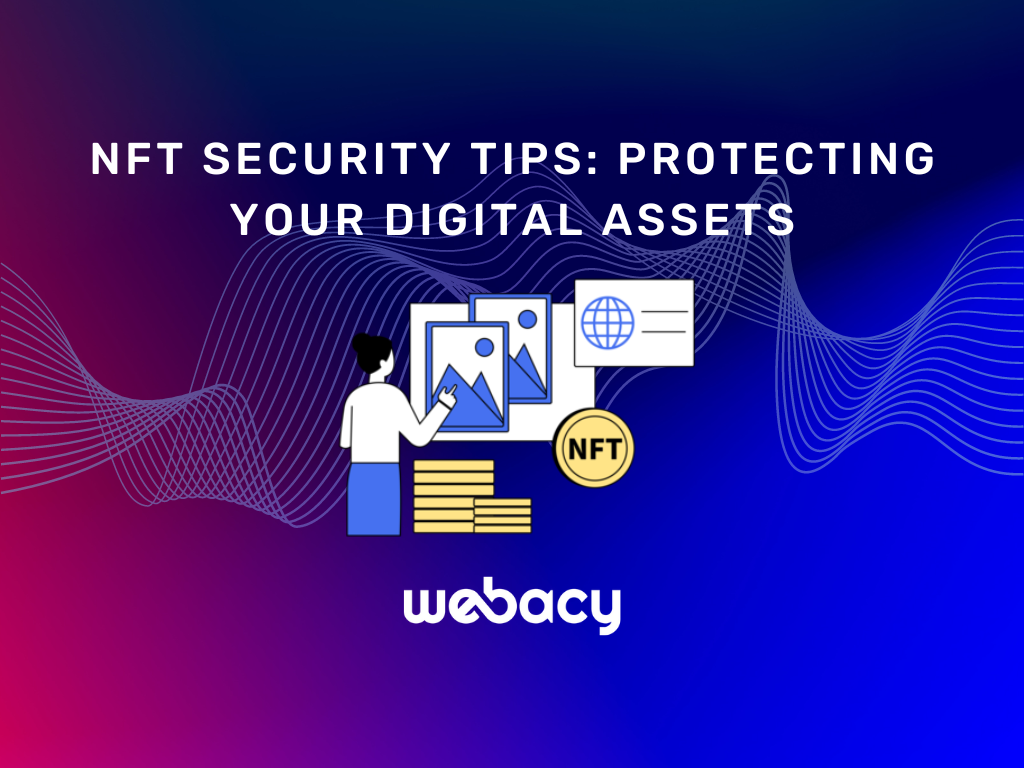
Phishing attempts are one of the most common tactics used by cybercriminals to steal valuable personal information, including access to your crypto NFTs. It is important to be aware of these types of attacks and take necessary precautions to protect your digital assets.
What is phishing?
Phishing is a fraudulent practice where cybercriminals attempt to deceive individuals into revealing sensitive information such as usernames, passwords, or credit card details. They often do this by impersonating a trustworthy entity, such as a popular cryptocurrency exchange or a well-known wallet provider.
Phishing attacks can occur through various channels, including email, text messages, social media, and even phone calls. The attackers usually create convincing but fake communications that appear legitimate, tricking users into sharing their private information.
How to protect yourself from phishing attempts:
1. Be cautious with links and attachments: Avoid clicking on suspicious links or downloading attachments from unknown sources. Hover over hyperlinks to verify the destination URL before clicking.
2. Double-check the sender's information: Check the email address or phone number of the sender to ensure it matches the official contact information provided by the service provider.
3. Think before sharing personal information: Be cautious when asked to provide personal information, especially sensitive details like passwords or private keys. Legitimate service providers will never ask for such information through email or other insecure channels.
4. Keep your software updated: Regularly update your operating system, web browser, and other software to the latest versions. These updates often include security patches that help protect against known vulnerabilities.
5. Enable two-factor authentication (2FA): Use 2FA whenever possible to add an extra layer of security to your accounts. This typically involves a second verification step, such as a unique code sent to your mobile device.
6. Educate yourself: Stay updated on the latest phishing techniques and educate yourself about how to identify and avoid potential attacks. Being informed is crucial in protecting yourself and your digital assets.
By being cautious and adopting these preventive measures, you can significantly reduce the risk of falling victim to phishing attempts and safeguard your crypto NFTs from cyber theft.
Securing your network
When it comes to safeguarding your crypto NFTs and protecting your digital assets from cyber theft, securing your network is crucial. Here are some important measures you can take:
1. Use a secure and reliable internet connection
Ensure that you have a secure and trustworthy internet connection. Avoid using public Wi-Fi networks, as they can be easily compromised by hackers. Instead, opt for a private and encrypted network, such as a password-protected home network or a trusted VPN.
2. Keep your software updated
Regularly update your operating system, antivirus software, and other relevant applications to protect your network from vulnerabilities. This will ensure that you have the latest security patches and features, reducing the risk of unauthorized access and cyber attacks.
3. Use strong and unique passwords
Choose strong, complex passwords for your network devices, such as routers and modems. Avoid using easily guessable passwords, such as your name or birthdate. Additionally, enable two-factor authentication whenever possible to add an extra layer of security.
4. Set up a firewall
Install and configure a firewall to monitor incoming and outgoing network traffic. A firewall acts as a barrier between your network and potential threats, blocking unauthorized access attempts and suspicious activities. Make sure to enable the firewall's built-in security features and keep it up to date.
5. Regularly backup your data
Back up your important data, including your crypto NFTs, on a regular basis. This will help you recover your assets in case of a cyber attack or hardware failure. Store the backups in a secure location, such as an encrypted external hard drive or a reputable cloud storage service.
6. Educate yourself and your team
Stay updated with the latest cybersecurity best practices and educate yourself and your team on common threats and security measures. Be cautious of phishing attempts, suspicious links, and unknown sources. Awareness and understanding are key to preventing cyber theft.
By implementing these network security measures, you can enhance the protection of your crypto NFTs and ensure the safety of your valuable digital assets.
Staying informed about the latest security threats
As the world of crypto NFTs and digital assets continues to evolve, it is crucial to stay informed about the latest security threats to protect your investments. By staying educated and aware, you can take proactive measures to safeguard your assets from cyber theft. Here are some tips to help you stay informed:
Subscribe to reputable cybersecurity newsletters and blogs: Stay up to date with the latest security news and trends by subscribing to newsletters and blogs that specialize in cybersecurity. These sources often provide valuable insights, tips, and alerts about emerging threats.
Follow crypto and NFT communities: Engage with online communities that focus on cryptocurrencies and NFTs. These communities often share information about potential security vulnerabilities and best practices for protecting digital assets.
Attend industry events and webinars: Participate in industry events and webinars related to crypto and blockchain technology. These events often feature expert speakers who discuss security measures and address the latest threats in the digital asset space.
Stay updated with software and wallet updates: Ensure that your wallets and software are regularly updated with the latest security patches and enhancements. Developers often release updates to address known vulnerabilities and improve overall security.
Be cautious with online communication: Be mindful of the information you share online, especially on social media platforms. Avoid discussing specific details about your digital assets and keep an eye out for phishing attempts or scams disguised as legitimate messages.
Enable two-factor authentication (2FA): Enable 2FA wherever possible to add an extra layer of security to your accounts. This feature requires you to provide an additional verification factor, such as a code sent to your mobile device, along with your password.
Use hardware wallets: Consider using hardware wallets to store your crypto NFTs and digital assets. Hardware wallets are offline devices that provide enhanced security by keeping your private keys offline and away from potential online threats.
Educate yourself about common scams: Familiarize yourself with common scams in the crypto space, such as phishing emails, fake exchange websites, and Ponzi schemes. By recognizing these scams, you can avoid falling victim to them.
Monitor your accounts regularly: Regularly monitor your crypto NFT accounts and digital asset wallets for any suspicious activity. If you notice any unauthorized transactions or signs of compromise, take immediate action by reporting it to the relevant platforms or authorities.
By staying informed about the latest security threats and following these tips, you can enhance the protection of your crypto NFTs and digital assets. Remember, investing in digital assets comes with risks, but with appropriate security measures, you can mitigate those risks and enjoy the potential benefits of this exciting new frontier.
What are some tips to safeguard my crypto NFTs?
1. Use a strong and unique password for your wallet and enable two-factor authentication. 2. Keep your wallet software and operating system up to date. 3. Be cautious of phishing attempts and only enter your wallet information on trusted websites. 4. Consider using a hardware wallet or offline storage for extra security. 5. Regularly backup your wallet and keep the backup in a secure location.
How can I protect my digital assets from cyber theft?
1. Use a secure and reputable wallet provider. 2. Regularly update your wallet software and operating system. 3. Be cautious of suspicious emails and messages asking for your wallet information. 4. Use strong and unique passwords for all your accounts. 5. Consider using cold storage options such as hardware wallets or offline storage for added security.
What is two-factor authentication and why is it important?
Two-factor authentication is an extra layer of security for your wallet or online accounts. It requires a second piece of information, usually a code or approval from a separate device, in addition to your password. This helps protect your digital assets even if your password is compromised. It's important because it significantly reduces the risk of unauthorized access to your accounts.
What is phishing and how can I avoid falling for it?
Phishing is a fraudulent practice where scammers pretend to be trustworthy entities to trick individuals into providing sensitive information like their wallet passwords or credit card details. To avoid falling for phishing attempts, always double-check the sender's email address or website URL, be cautious of urgent or suspicious messages, and never provide your wallet information on untrusted websites or through unsolicited requests.
Why should I regularly backup my wallet?
Regularly backing up your wallet is important because it allows you to restore your digital assets if your device is lost, stolen, or damaged. It's recommended to have multiple backups and store them in secure locations, such as encrypted external hard drives, USB drives, or paper wallets. By having backups, you can avoid losing access to your crypto NFTs in case of unforeseen circumstances.
What are some measures I can take to protect my crypto NFTs?
There are several measures you can take to protect your crypto NFTs. First, make sure to use a secure wallet to store your NFTs. This can be a hardware wallet or a reputable software wallet with strong security features. Additionally, enable two-factor authentication on your wallet to add an extra layer of security. It is also important to be cautious of phishing attempts and only click on links or provide information on trusted websites. Lastly, consider using a decentralized marketplace that utilizes smart contracts to ensure the authenticity of NFTs and minimize the risk of fraud.
What is a hardware wallet and why is it important?
A hardware wallet is a physical device that is designed to securely store cryptocurrency and NFTs. It is important because it provides an extra layer of security by keeping your private keys offline and protected from potential hacking attempts. Hardware wallets are considered one of the safest options for storing crypto assets as they are not connected to the internet when not in use, reducing the risk of cyber theft.
How can I recognize phishing attempts and avoid falling for them?
Phishing attempts can be quite sophisticated, but there are some red flags to watch out for. Be wary of emails or messages that ask for your personal information or login credentials, especially if they come from unknown sources. Check the URL of websites carefully before entering any sensitive information and make sure they use secure connections (https). It is always safer to manually type in the website's address rather than clicking on a link. If you receive suspicious emails or messages, it is best to contact the official customer support of the platform to verify the authenticity of the request.
Blur: NFT | Blur: NFT login | Blur: NFT connect | WalletConnect | Traders | What Is Blur Crypto
2022-2024 @ Tips for safeguarding your crypto nfts measures to protect your digital assets from cyber theft